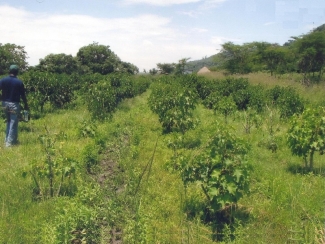Community Controlled Forests, Carbon Sequestration and REDD+ Some Evidence from Ethiopia
REDD+ (Reduced Emissions from Deforestation and Forest Degradation, “plus” afforestration) is a tool that supports forest carbon-enhancing approaches in the developing world in order to mitigate and hopefully reverse climate change. A key issue within REDD+ is to appropriately bring in the almost 25% of developing country forests that are effectively controlled by communities.

